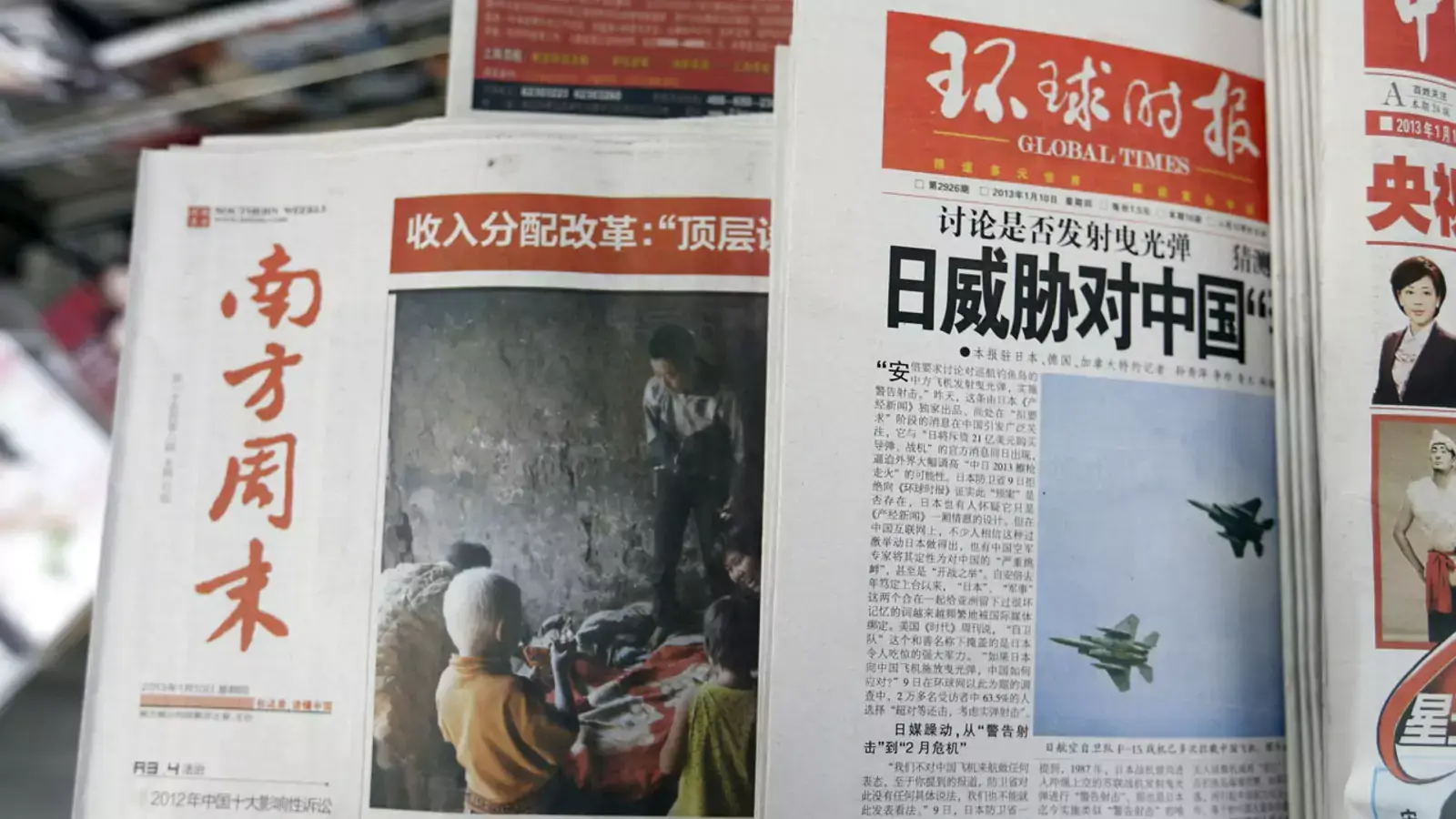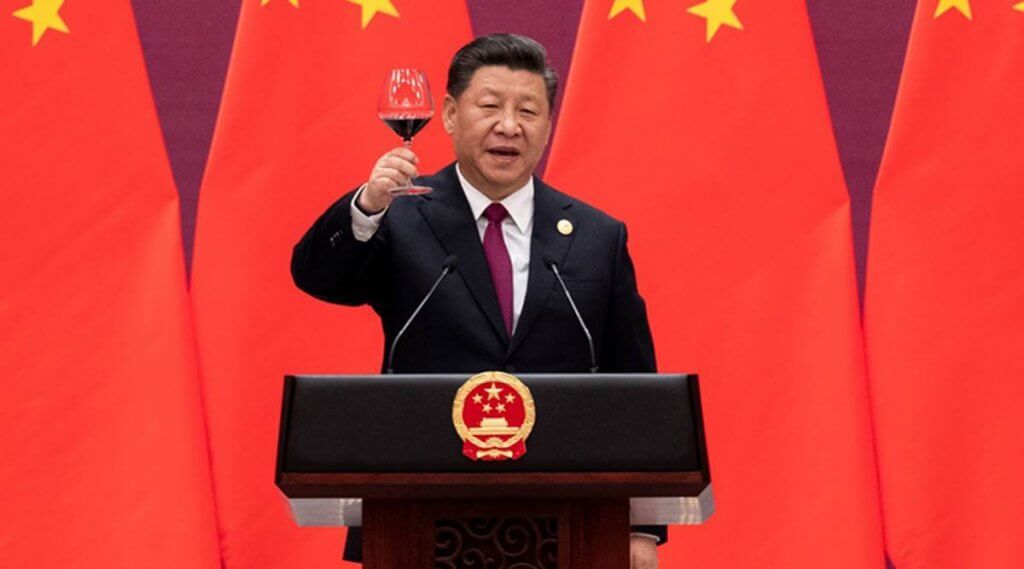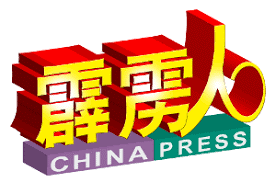China buys Influence in Western Press

Part VI
louisalim/guardian/eyesonsuriname
Amsterdam July 2nd 2022– The task of executing that mission has fallen to 35-year-old CEO Gary Liu, a Mandarin-speaking California native with a Harvard degree, who had previously worked as chief executive of the digital news aggregator Digg and before that, on the business side of the music streaming company Spotify.

When we spoke via Skype, Liu sounded a little bit uncomfortable when asked how well the SCMP is fulfilling Tsai’s vision. “The owners have their set of language, and the newspaper has our convictions,” he said. “And our conviction is that our job is to cover China with objectivity, and to do our best to show both sides of a very, very complicated story.” The paper’s role, as he sees it, is “to lead the global conversation about China.” And to achieve that goal, Liu is being given significant resources. Staffers talk of “staggering” expenditures, with one employee describing the number of new hires “like the cast of Ben Hur”.
Even under new ownership, the SCMP treads a delicate line on China, continuing to run granular political analysis and original reporting on sensitive issues such as human rights lawyers and religious crackdowns. Though pages are free from Xinhua copy, cynics joke the paper itself is transmogrifying into a kind of China Daily-lite, with increasing prominence given to stories about Xi Jinping, pro-Beijing editorials and politically on-message opinion pieces. All this is combined with constant, fawning coverage of owner Jack Ma, memorably described by the paper as a “modern-day Confucius”.

Two stories in particular have been heavily criticised. First, in 2016, it published an interview with a young human rights activist named Zhao Wei, who had disappeared into police custody a year before. In the interview, the activist’s quotes, recanting her past behaviour, were reminiscent of Mao-era “self-criticism”. Fears she had spoken under duress were confirmed a year later, when she admitted she’d given her “candid confession” after being held in a heavily monitored cell for a year – “No talking. No walking. Our hands, feet, our posture … every body movement was strictly limited,” she wrote.
Then, earlier this year, the SCMP accepted a “government-arranged interview” with bookseller Gui Minhai. Gui, a Swedish citizen, was one of five sellers of politically sensational books who disappeared in 2015 – in his case from his home in Thailand – and then reappeared in police custody in China in 2016. The SCMP interview was conducted in a detention facility, with Gui flanked by security guards.

But Liu is adamant that the paper has not made any missteps on his watch. He says the paper was invited – not forced – to cover these stories.
In Gui’s case, he insists the decision was based on journalistic merit: “The senior editorial leadership team got together, and said: This is important for us to show up. If not, there’s a very high likelihood that the other stories reported do not share the entire situation.
In fact, a lot of the other reports did not mention the fact that there were security guards standing on either side of Gui Minhai at the start and at the end of the interviews.” Liu stressed that “there is a significant difference between how we reported it, and how we would expect state propaganda to report it.” But many in Hong Kong were distressed that a journal once seen as a paper of record was effectively running a forced confession on behalf of the Chinese state.

To insiders, even the paper’s hardhitting coverage of China forms part of a broader strategy. “It’s all smoke and mirrors,” longtime contributor Stephen Vines said. “It’s so pernicious because a lot of is quite plausible.” In November, Vines issued a public statement announcing he will no longer write for the paper. A current SCMP journalist described “a veneer of press freedom”, noting, “It’s not so much that pieces are pulled and changed. It’s where they’re positioned, how they’re promoted. The digital revolution has made that all very easy to do. You write whatever you want, but the people control what we see.” The SCMP has countered public criticism of censorship aggressively, even running a column in which a senior editor blamed censorship accusations on “butthurt ex-Post employees with axes to grind”.
End Part VI
Part VII Follows
louisalim/guardian/eyesonsuriname









